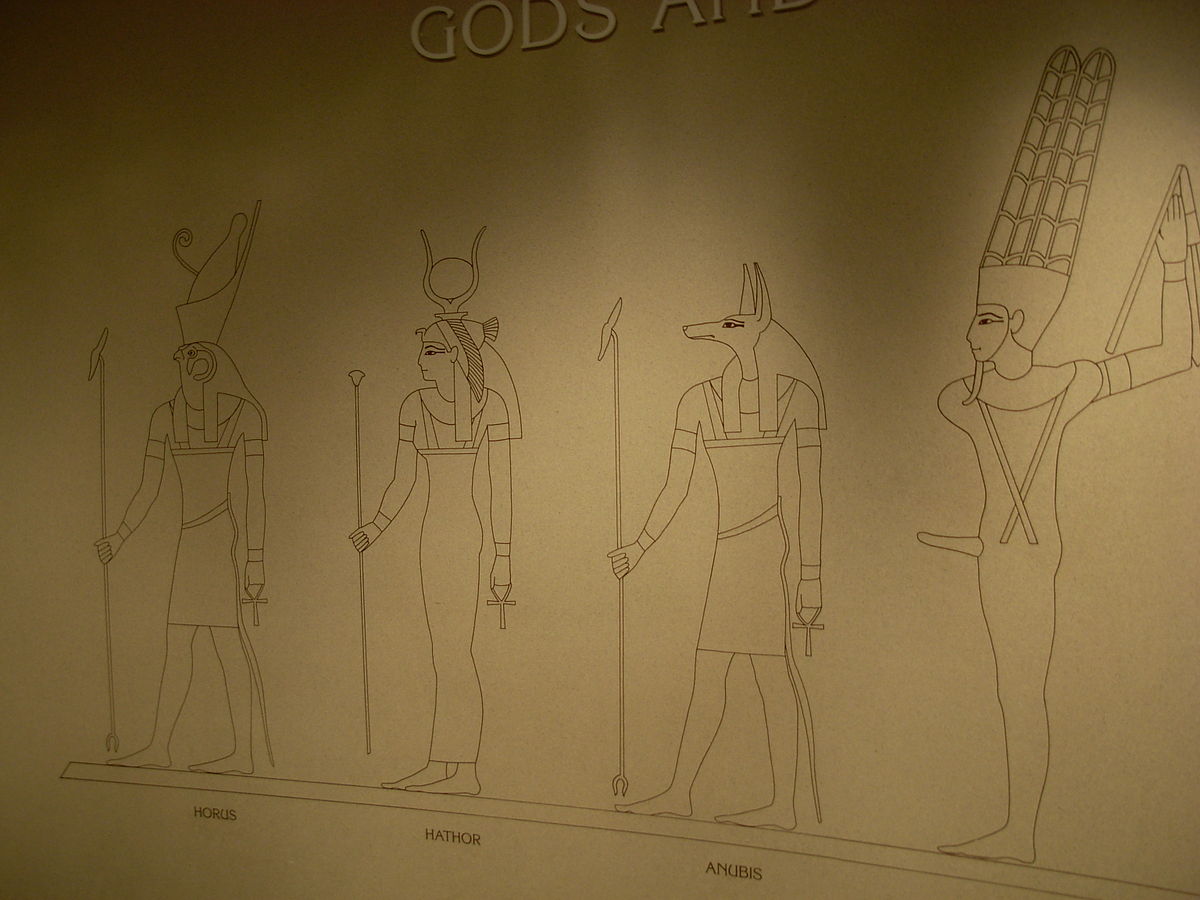Stryder50
Platinum Member
Which wars do you think the USA has started?Which brings to mind the fact that America is more religious than other democracies, but has started so many wars since WW2, while the other democracies have not.
Could it be suggested that christianity is responsible for the American 'culture' of war and killing?
Related, how do you define "war"?



